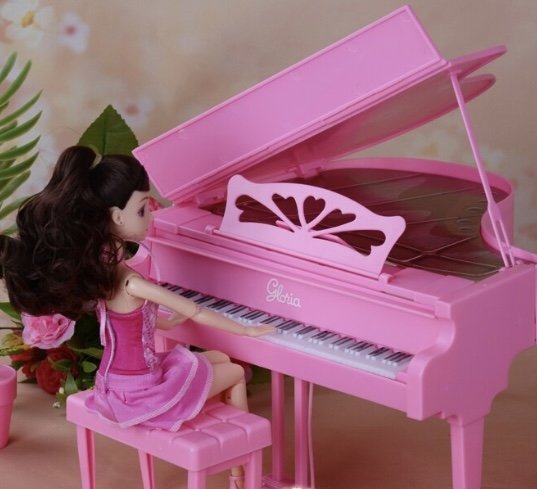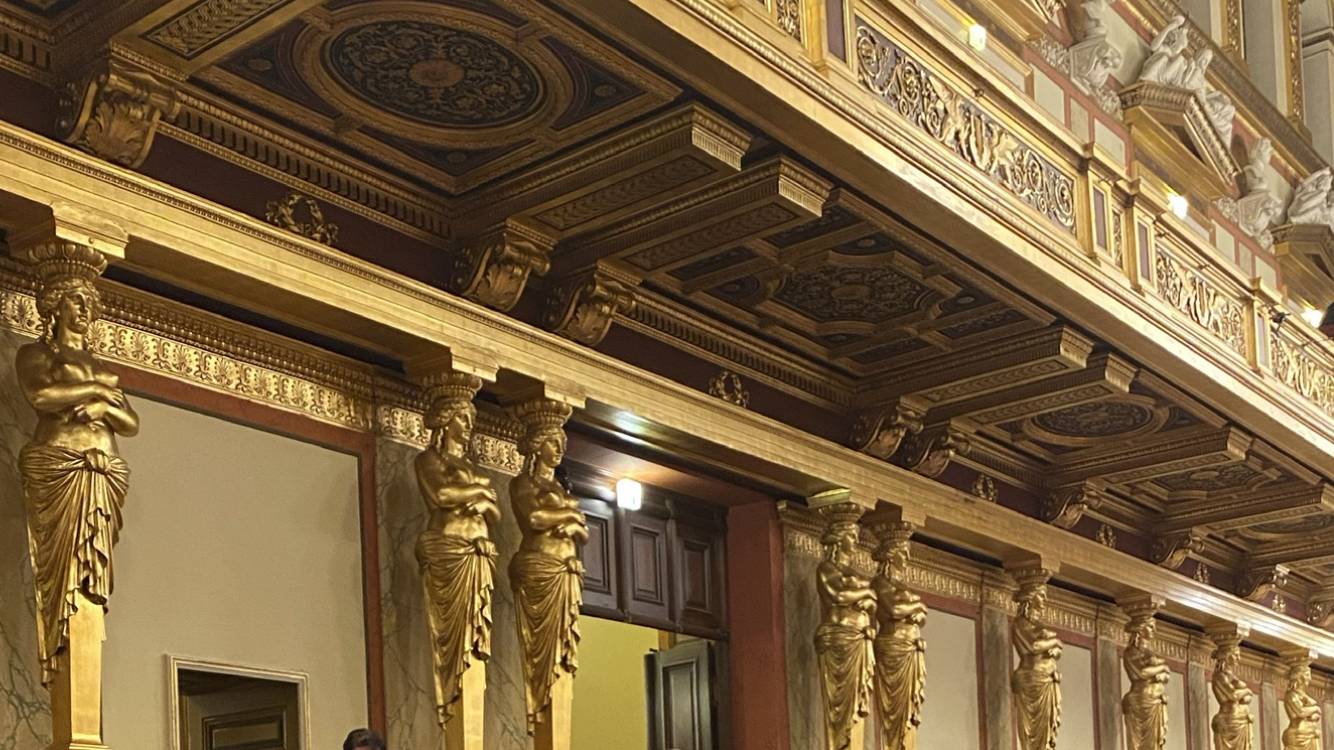I just saw the movies Barbie and Oppenheimer, a few days apart and in that order, and I can’t stop thinking about the juxtaposition of the worlds of the two films. In Barbieland’s bright colors, the Kens existing only for Barbie’s attention felt to me improbable, too far, too made up. But then the black-and-white world of the Manhattan Project has scene after scene of rooms with only men; the women’s roles are lover, wife, secretary. One scientist does join the team, but after she answers the single interview question “can you type” with “my graduate chemistry degree didn’t teach that” we don’t hear from her again. And if I may get annoyingly meta for a moment, I wrestled with the opening of that last sentence, struck that even though a) I’m the one writing it, in b) an essay about a feminist movie, and c) I’m picturing a particular actress, I still read “one scientist” as male, and wondered if I should clarify the phrase by changing it to “one female scientist.” In the Oppenheimer world (I know, I know, not always only in the film), scientist=man. Sigh.
“Can you type?”
I keep thinking about that one female scientist in the movie. Of course there must have been more women than just the one, but they must have felt so lonely in those rooms. And of course it can still be so lonely in some rooms.
“Can you type?”
What’s the equivalent musical question? “Can you copy my music?” “Can you play my music?” “Can you host me in your salon?” “Can you be my muse and inspire me?”
When I was a girl taking piano lessons in the 1970s, composer absolutely equaled male in my mind. It never even crossed my mind to wonder if there were women composers: it was simply unfathomable to even ask the question. I know now, of course, that they did exist, and I’m so incredibly grateful to live in a time when there’s such an explosion of interest and information about them. But they really were invisible. So many stories are of women denied the training their talent deserved, and that can get disheartening. I’m not here to throw anyone under the bus, but sometimes you can tell that composers didn’t have the training and the support they needed: the counterpoint isn’t quite strong, or the piano writing isn’t quite fluent, or the overarching structure doesn’t quite make satisfying sense, or the pieces are only small and charming and never big and profound.
I’ve fallen so hard for Agnes’s music, and it truly is the music. Her music deserves to be heard because it’s fantastic, and was hidden because she was a woman. I’m wary of promoting her as a woman composer: I want her to just be a composer. I’m sure I’ll be wrestling with that for a long time. But practicing Agnes Tyrrell’s music really does feel like having a conversation with a genius. I think it’s because her story, or at least part of her story, is different.
Not that she lived in the colorful Barbieland where absolutely everything was possible for women, but she did have surprising opportunities. There’s maybe a tinge of pink. She had rigorous training: I’ve seen some of her homework notebooks and how she came by her incredible mastery of chromatic harmonies. She had a model of a female composer-pianist: when Agnes was 13, she had the chance to see superstar Clara Schumann perform. She had a family who supported her musical training: her mother and sister were also pianists, and her sister Bertha also composed a few pieces. And she did have a musical community where she could be an active performer: she performed as a pianist and had some of her pieces performed, in her town, to positive reviews. So Agnes seems to have lived in a rare situation where she was able to develop and master her craft in a vibrant musical community. The rest of Europe was less supportive, though: she tried, but couldn’t get more than a few pieces published. It’s back to the black and white world where composer=male.
“Can you type?”
I can’t ask my mother anymore, but I think I remember her telling me that she purposefully didn’t learn how to type, so that she wouldn’t be stuck typing men’s papers instead of writing her own. And I definitely remember her telling me that she wanted to be a diplomat. She would have been a great one—her superpower was connecting with people, and she had a PhD in languages—but when she tried to apply to the State Department, they told her they were only hiring women as secretaries. Our country, and all the people she would have worked with, really missed out. It’s at least a little different now: I’m so grateful that I can perform and research and teach and lead. I can have a career as a professor, and it can be completely commonplace for my students to play music written by women. I get to live mostly in the world in color.
When I visited Vienna in May, on my Agnes Tyrrell research trip, I went to a concert of the Vienna Philharmonic at their gorgeous Musikverein building. They played Mozart and Felix Mendelssohn and Hindemith, all great performances, and it was a pleasure to be at the concert and hear that orchestra (which did have a few women in it) in that beautiful hall. And do you know what? The hall is lined every few feet with life-size gold statues of identical topless women. My sister and I laughed and laughted about that: generations of male musicians, playing male composers, looking out at all those topless ladies. The hall was built in 1870; Agnes probably went to concerts there (Brno citizens often took the train to Vienna to go to concerts and the opera). Did she imagine hearing her music played there? I think she must have: she did write a symphony. I want to hear it performed in that hall someday. I want to live in the world in color, yes maybe with a tinge of pink, and I want to hear Agnes surrounded by gold.


